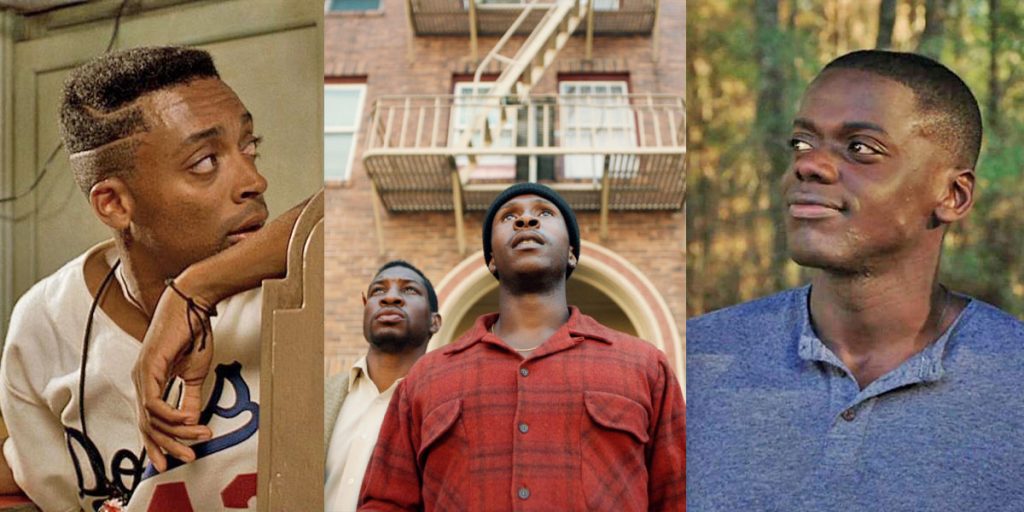From Do The Right Thing to The Last Black Man in San Francisco, here are five films that confront and challenge racism and help educate us on issues of equality.
If there’s anything we’ve learned from the protests and activism that have been happening in the past month, in response to the horrific death of George Floyd, it’s that we absolutely need to educate ourselves on issues of racial equality and social justice. And, while a fundamental part of this education is standing up against systemic racism and police brutality, it is just as important to recognize that we still have a lot to learn about what being anti-racist really means. We won’t pretend to know the answers: in fact, we have quite a lot to learn ourselves. But films are a powerful medium when it comes to questioning and confronting such important topics, so we decided to make a list of films that we feel can be a good place to start. Here are 5 films that challenge racism, as selected by our staff members.
BLACKKKLANSMAN
SERENA
Director: Spike Lee
Year: 2018
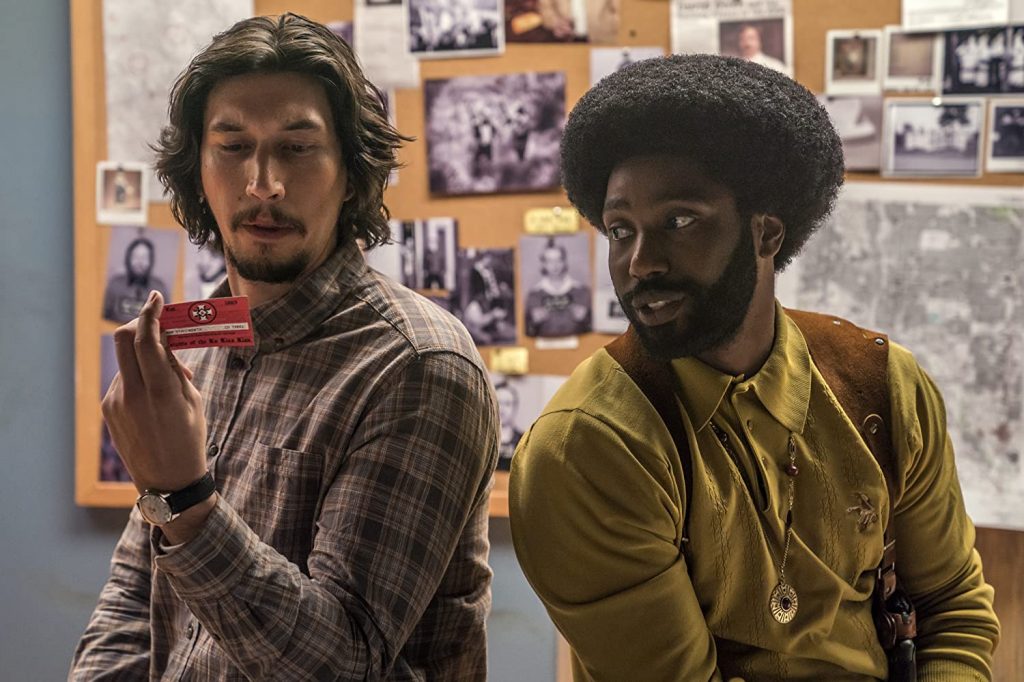
BlacKkKlansman is the first Spike Lee film I’ve ever seen, and it’s also one of his best. Produced by the team behind Get Out, this thought-provoking, wonderfully unconventional investigative drama tells the true story of an African American Colorado Springs police officer (a superb John David Washington) who manages to infiltrate the local branch of the Ku Klux Klan with the help of a Jewish colleague (Adam Driver). Both a condemnation of hypocrisy and a raw exploration of hate, BlacKkKlansman is a terrifyingly accurate analysis of systemic racism in the United States that feels just as relevant today as it did in 2018. It’s also a film with many layers that slowly reveal themselves, hidden underneath Lee’s special brand of humour and yet very much present, acting as a warning from history that urges us to take action, and do better.
DO THE RIGHT THING
ZACH
Director: Spike Lee
Year: 1989
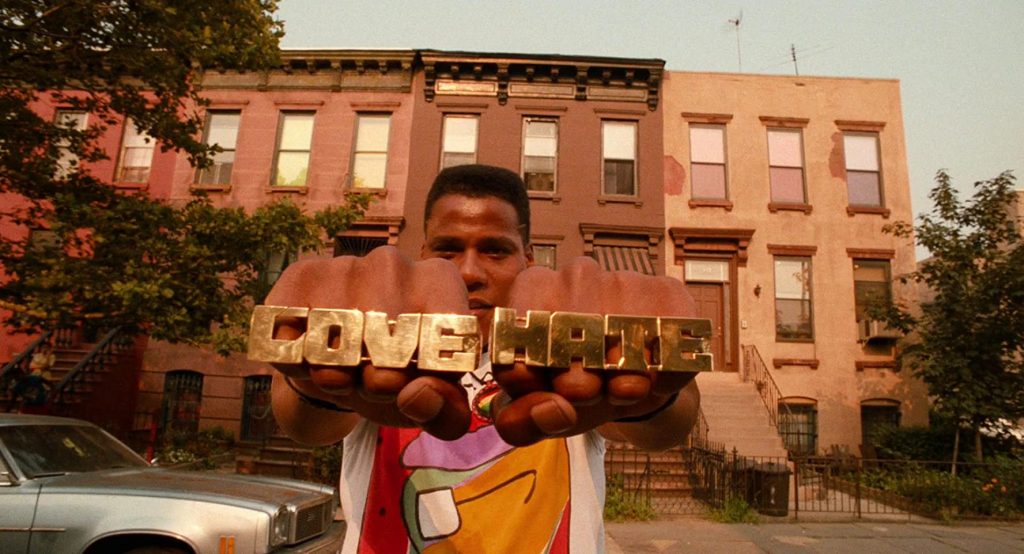
Though it was released 31 years ago, the story in Spike Lee’s Do the Right Thing seems as if it could’ve been ripped right from last week’s headlines. This timeless tale of prejudice and pain showcases one scorching hot summer day in Brooklyn, during which countless characters of every color and creed continually clash with one another until this pressure reaches its boiling point – culminating in a climactic riot that resembles the worldwide protests that recently erupted following the death of George Floyd. As modern-day audiences absorb the film’s frightening finale, in which one cherished character is even murdered in a manner that bears striking similarities to Floyd’s demise, they may come away from Do The Right Thing thinking that Spike Lee was some sort of “soothsayer” with the power to predict our future – and they’d be wrong.
Lee is certainly no clairvoyant, and the events depicted in Do the Right Thing’s denouement are not the creation of some otherworldly “oracle.” In actuality, the plot only feels as prescient as it does because there has been virtually zero progress over the past three decades in handling issues surrounding police brutality and racism in America. The calamity at the core of Do the Right Thing is meant to speak to the specific suffering that Spike Lee observed in 1989, but because we as a society have failed to further any sort of structural change in our social systems, this tiring tragedy still feels timely today. At the time, Lee most likely hoped that Do the Right Thing would be used years down the line to educate future generations on how rough race relations once were and how far we’d come. Now, it unfortunately serves as an indicator of how far we have yet to go.
GET OUT
THADDEUS
Director: Jordan Peele
Year: 2017
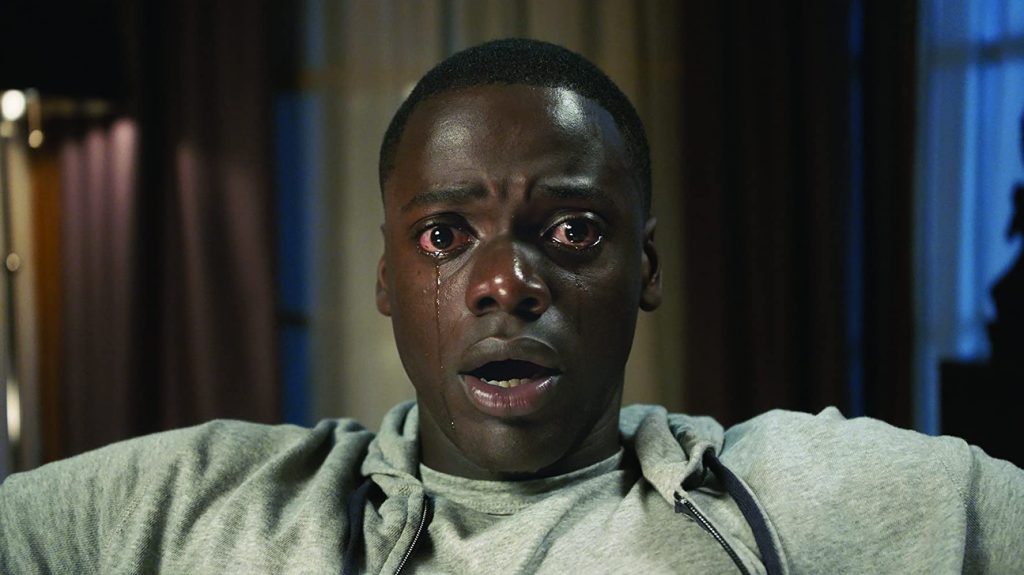
Most, if not all, of us are familiar with the typical portrayal of racism in Hollywood films: the brash, explicit, and violent shades of bigotry prevalent in films like Mississippi Burning and 12 Years A Slave. The kind of overt racism in line with the photos of segregation and police brutality during the Civil Rights movement of the 1950s and 1960s that we were shown in school. The kind of racism that still allows for white savior narratives, giving white viewers a chance to tell themselves “See? I identify with that good person. I’m not like those loud bad people, so I can’t be racist.” This is why I think it’s so important that we have films like Get Out. A film that can show a side of racism that’s more common than what is presented by loud bigots. An insidious and deeply ingrained kind of racism that many of us try to ignore or dismiss. The racism of the sheltered, white liberal.
Now, I can understand if you’re reading this and wondering, what could a white guy from Vermont possibly have to say about the racism of white America? Well I can say this: In addition to Get Out being an outstanding film in and of itself, it is also a film that can and should challenge a white audience. A central theme of the film is how supposedly well-meaning white people can still fetishize and commoditize black bodies, and, knowingly or not, contribute to white supremacy. I remember watching Get Out for the first time and thinking to myself: “I know people who act like this. I know people who say things like this. Hell, I’ve said and done things like this.” While I’d recommend the film to anyone, I recommend it especially to white audiences. The goal isn’t to guilt yourself or to shame yourself for your ignorance, but to educate yourself. I know, for me, it was a good way to humble myself, and realize that, if I do see myself in the antagonist characters, then it’s up to me to make a change.
SPIDER-MAN:
INTO THE SPIDER-VERSE
BERNARD
Directors: Bob Persichetti, Peter Ramsey, Rodney Rothman
Year: 2018
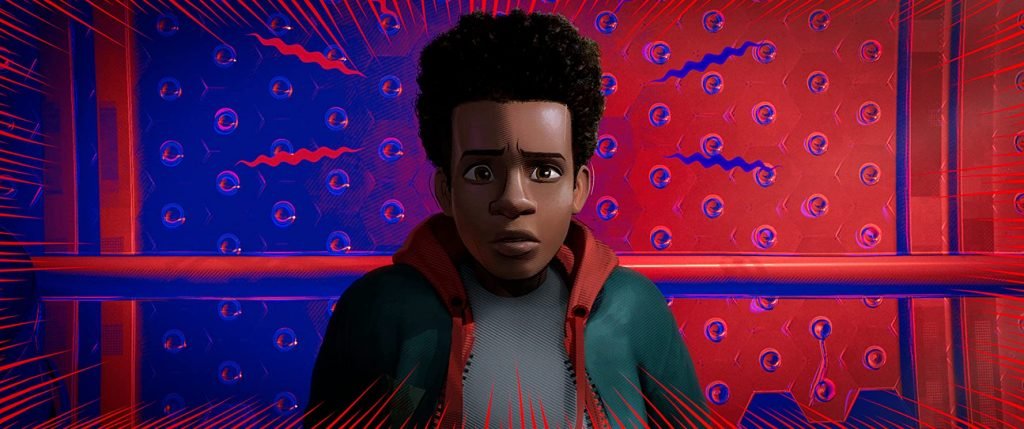
It is refreshing to see a crisp, modern take on Spider-Man that nails the spirit of the character through a very different cultural lens. Miles Morales (Shameik Moore), Afro-Latino, brings a new type of “outsider” to the put-upon hero archetype. Morales’ cultural history is presented as matter of fact: no particular comment is given on Miles’ family – rather, we simply meet his happily married black father and Hispanic mother who carry different last names. It is perhaps the first superhero movie – and certainly the first family friendly one – that reflects and embraces a certain familial complexity that exists in the real world. The film itself features gorgeous Ben-Day dot style animation with flourishes of street art; the music is a memorable mix of rap and Latin that gives the movie a feel quite unlike other mainstream movies. Spider-Verse was one of the first theatrical films to which I took my son. Normalizing and mainstreaming families of color is critical to improving mass acceptance. Miles Morales presents a new modern gold standard in the everyman narrative.
THE LAST BLACK MAN IN SAN FRANCISCO
MORGAN
Director: Joe Talbot
Year: 2019
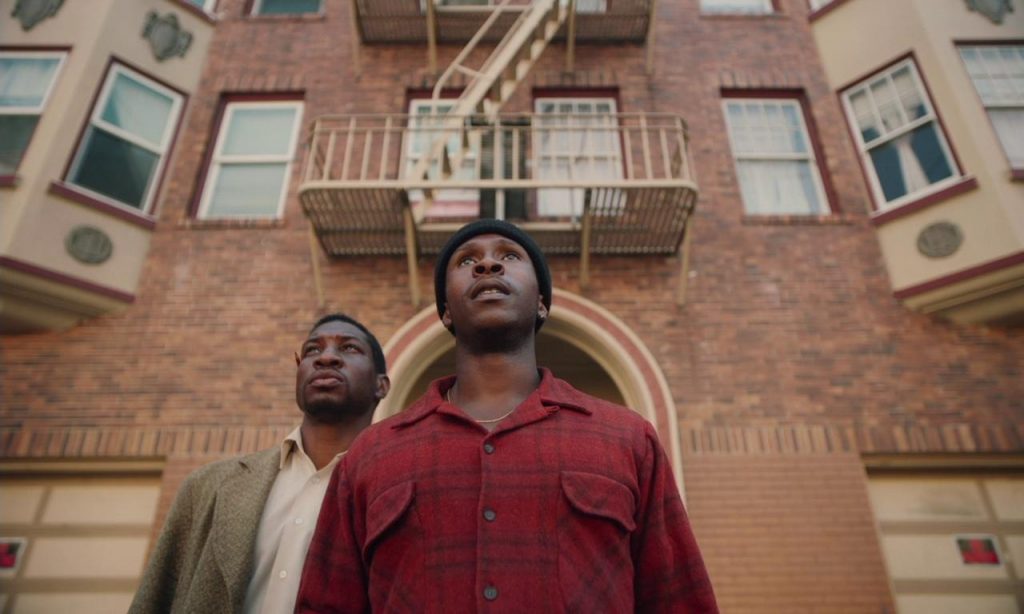
Joe Talbot and Jimmie Fails’ debut feature, The Last Black Man in San Francisco is an elegant knockout. It’s a near-surrealist, intensely poetic, and arresting portrayal of the burdens and expectations placed upon the black community. Displayed with an identifiable and original style, Talbot painfully and accurately locates the optimism of San Fransisco’s own marginalized communities as they weather gentrification, discrimination, homophobia, and racial reparations. The Last Black Man in San Francisco stands alone for the unequivocal and eternal empathy it grants its righteously frustrated squatters, for its colossal personalities, and for its unmissable cinematography and score; “you can’t hate it, until you love it”. Please, don’t miss this.

